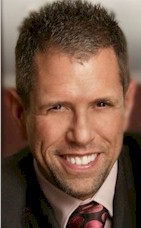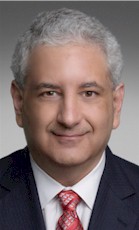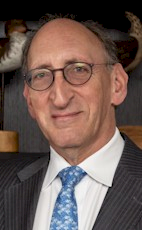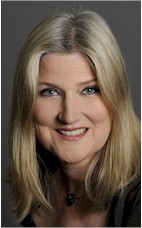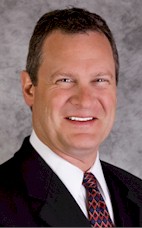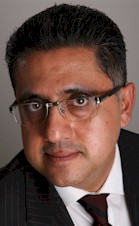
Of all the areas of a hotel's operation, perhaps none are as crucial, challenging and dynamic as the Sales and Marketing department. In their rapidly evolving world, change is the only constant, driven by technological innovations and the variable demands and expectations of a diverse traveling public. These professionals occupy a vast, multi-channel universe and it is incumbent on them to choose wisely when determining where and how marketing dollars are to be spent to generate revenue from all their multiple constituencies - individuals, corporate guests, groups and wholesalers. Complicated decisions are made and complex plans are devised, based on answers produced from intricate questions - What is the proper balance between Direct vs. Indirect Channel Sales? What kinds of resources are to be devoted to a comprehensive digital marketing program (website, email, social, blog, text and online advertising) on multiple channels (desktop, tablet and smart phone)? What are the elements driving local market conditions and how can local people be attracted and the local competition bested? How does an operation research, analyze and partner with group business generators, meeting planners, wholesalers, incentive travel companies, corporate travel departments, and franchise-sponsored marketing programs? How can effective sales incentive programs be implemented and how can a strategic marketing campaign be deployed? How are new sales leads prospected, qualified, sold and closed? The November Hotel Business Review will examine some of these critical issues and explore what some sales and marketing professionals are doing to address them.




 Of all the areas of a hotel's operation, perhaps none are as crucial, challenging and dynamic as the Sales and Marketing department. In their rapidly evolving world, change is the only constant, driven by technological innovations and the variable demands and expectations of a diverse traveling public. These professionals occupy a vast, multi-channel universe and it is incumbent on them to choose wisely when determining where and how marketing dollars are to be spent to generate revenue from all their multiple constituencies - individuals, corporate guests, groups and wholesalers. Complicated decisions are made and complex plans are devised, based on answers produced from intricate questions - What is the proper balance between Direct vs. Indirect Channel Sales? What kinds of resources are to be devoted to a comprehensive digital marketing program (website, email, social, blog, text and online advertising) on multiple channels (desktop, tablet and smart phone)? What are the elements driving local market conditions and how can local people be attracted and the local competition bested? How does an operation research, analyze and partner with group business generators, meeting planners, wholesalers, incentive travel companies, corporate travel departments, and franchise-sponsored marketing programs? How can effective sales incentive programs be implemented and how can a strategic marketing campaign be deployed? How are new sales leads prospected, qualified, sold and closed? The November Hotel Business Review will examine some of these critical issues and explore what some sales and marketing professionals are doing to address them.
Of all the areas of a hotel's operation, perhaps none are as crucial, challenging and dynamic as the Sales and Marketing department. In their rapidly evolving world, change is the only constant, driven by technological innovations and the variable demands and expectations of a diverse traveling public. These professionals occupy a vast, multi-channel universe and it is incumbent on them to choose wisely when determining where and how marketing dollars are to be spent to generate revenue from all their multiple constituencies - individuals, corporate guests, groups and wholesalers. Complicated decisions are made and complex plans are devised, based on answers produced from intricate questions - What is the proper balance between Direct vs. Indirect Channel Sales? What kinds of resources are to be devoted to a comprehensive digital marketing program (website, email, social, blog, text and online advertising) on multiple channels (desktop, tablet and smart phone)? What are the elements driving local market conditions and how can local people be attracted and the local competition bested? How does an operation research, analyze and partner with group business generators, meeting planners, wholesalers, incentive travel companies, corporate travel departments, and franchise-sponsored marketing programs? How can effective sales incentive programs be implemented and how can a strategic marketing campaign be deployed? How are new sales leads prospected, qualified, sold and closed? The November Hotel Business Review will examine some of these critical issues and explore what some sales and marketing professionals are doing to address them.


